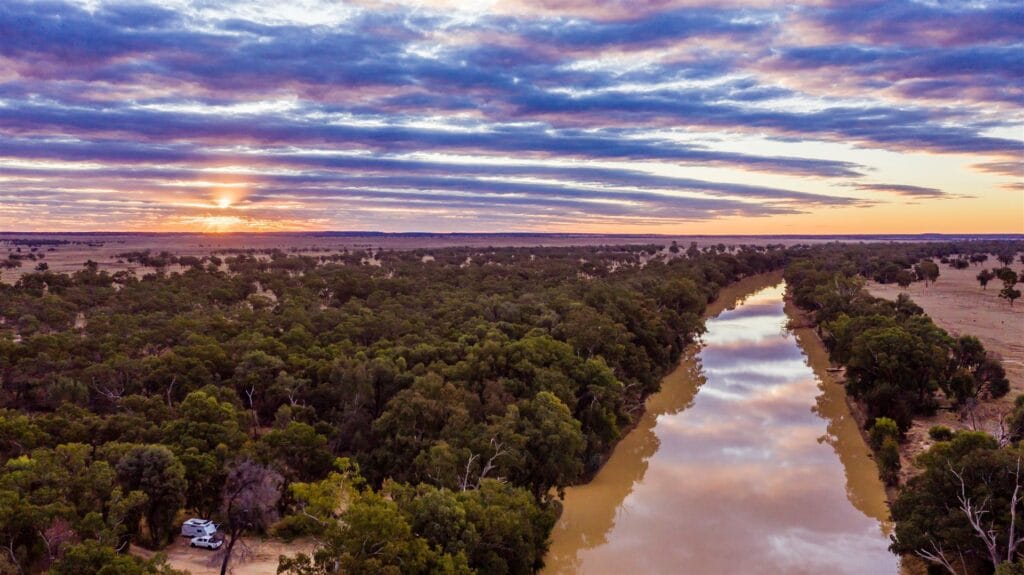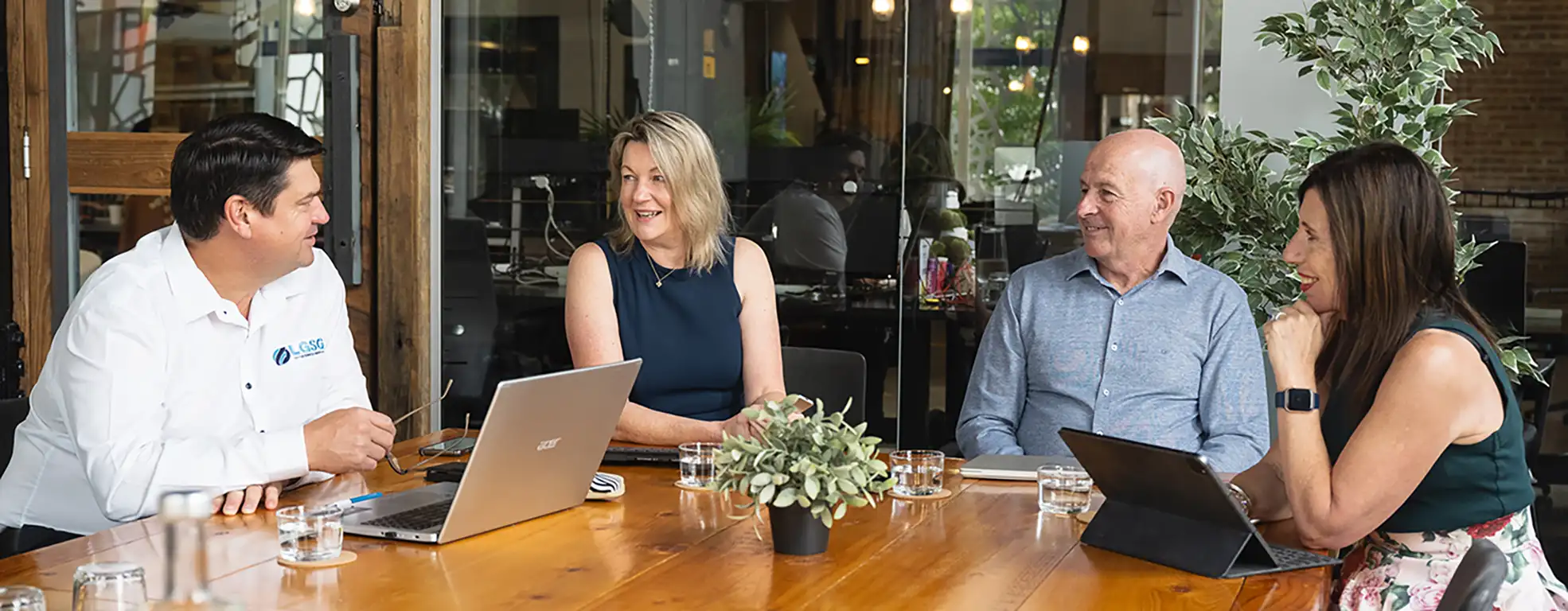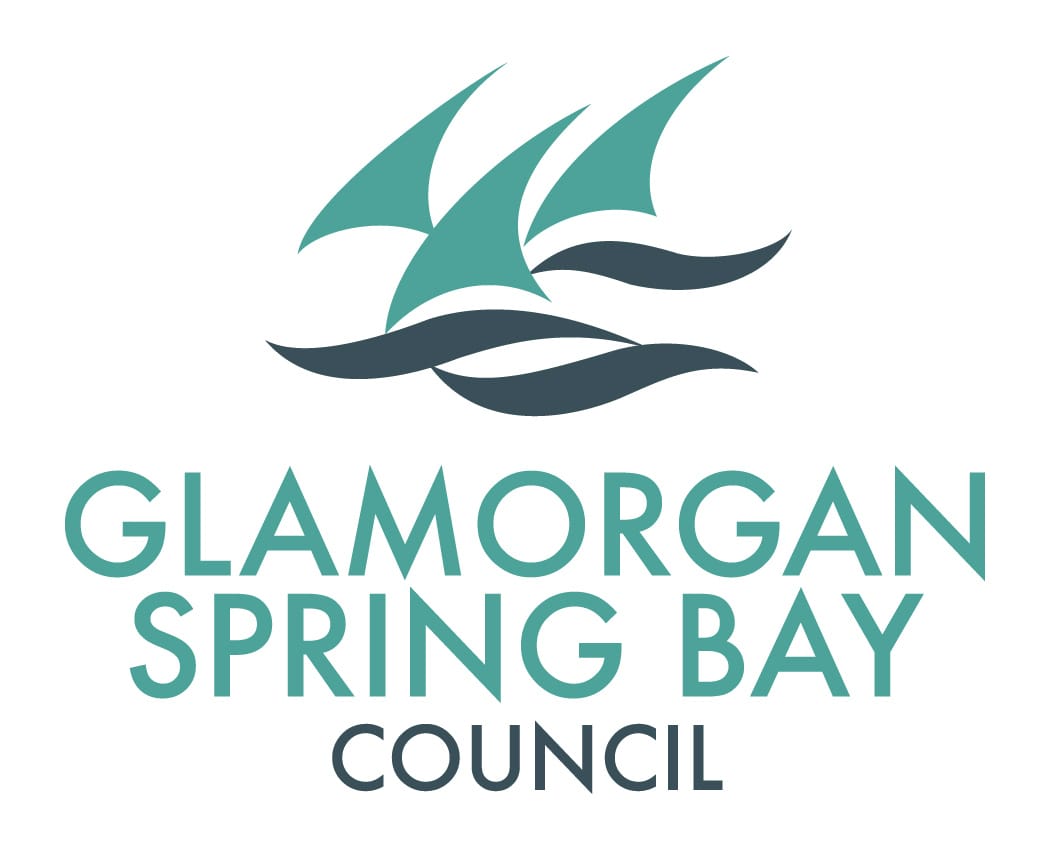As the world becomes more interconnected, the allure of embracing leadership roles in remote areas of Australia is gaining traction.
Taking on the responsibility of a CEO, General Manager, or Director in local government presents a unique set of challenges and benefits. In this blog post, we will explore the journey of making the leap from urban or regional areas to a remote location in Australia, discussing the challenges involved, the benefits that await, and the qualities required to succeed in such a role.
Challenges of a Remote Location:
Limited Resources: Remote areas often face scarcity of resources, including infrastructure, funding, and skilled professionals. As a leader, you must be adept at managing and optimising available resources efficiently.
Distance and Isolation: Being located far away from major cities or regional centres can lead to a sense of isolation. Accessing services, collaborating with other organisations, and networking might require additional effort and creativity.
Unique Socio-Cultural Context: Remote communities have their own distinct socio-cultural fabric. Understanding and respecting local customs, traditions, and needs is essential for effective leadership and community engagement.
Work-Life Balance: Relocating to a remote area may require adjustments to your personal and professional life. Limited amenities and social activities can impact work-life balance, necessitating the development of strong support systems.
Benefits of Remote Leadership:
Meaningful Impact: Working in local government allows you to make a tangible difference in people’s lives. Your decisions and actions can directly contribute to the development and well-being of the community you serve.
Enhanced Responsibility and Autonomy: Leadership positions in remote locations often offer increased decision-making authority and the ability to shape policies and strategies. This level of autonomy allows you to implement innovative solutions tailored to local needs.
Unique Professional Growth: Navigating the challenges of a remote location fosters resilience, adaptability, and resourcefulness. These skills can greatly enhance your professional repertoire and make you a sought-after leader in the future.
Tight-Knit Community: Working closely with a smaller community fosters strong relationships and a sense of belonging. Collaborating with locals, community groups, and stakeholders can create a supportive network that is often absent in larger urban environments.
What It Takes to Succeed:
Adaptability and Resilience: Remote locations demand leaders who can adapt to changing circumstances and overcome obstacles with determination. Flexibility and the ability to think creatively are essential qualities.
Effective Communication: Clear and transparent communication is vital for building trust and rapport with the community. Actively listening, empathising, and maintaining open lines of communication can bridge gaps and foster collaboration.
Local Engagement and Empathy: Genuine community engagement is crucial for success. Active involvement in local events, initiatives, and understanding the unique challenges faced by the community will help build trust and drive positive change.
Innovative Problem-Solving: The limited resources and unique circumstances of remote areas necessitate innovative problem-solving skills. Thinking outside the box, seeking diverse perspectives, and leveraging available resources creatively can lead to effective solutions.
Taking on a CEO, General Manager, or Director role in local government in a remote location of Australia presents a unique opportunity for personal and professional growth. While challenges such as limited resources, distance, and cultural differences exist, the benefits of making a positive impact, gaining autonomy, and becoming part of a close-knit community make the leap worthwhile. Success in this endeavour requires adaptability, effective communication, empathy, and innovative problem-solving skills. Embrace the adventure and make your mark in local government, shaping the future of a remote Australian community.








